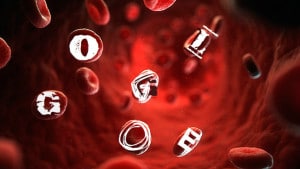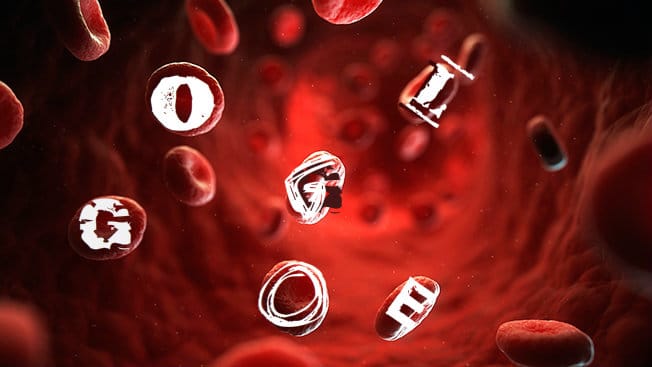GOOGLE “SEARCHES” For Ways To Combat Heart Disease
Google Life Sciences, a research group recently spun off from its parent corporation, is teaming with the American Heart Association in a $US50 million project to find new ways to fight heart disease.

The heart association’s half, $US25 million over five years, is the largest single research investment in its history.
For the Google group, its latest biomedical venture will join projects that include innovative high-tech devices such as driverless cars, contact lenses that monitor blood-sugar for diabetics and health-tracking wristbands.
The project was announced on Sunday at a heart association conference in Orlando.
Heart disease is the world’s top killer, a problem that “seems ripe for new innovation” and disruptive, unconventional thinking, said Andy Conrad, Google Life Sciences’ chief executive. Progress has been slow and “we should shake it up a little bit”, he said.
Google Life Sciences is one of the companies that spun out from Google following its massive organizational changes earlier this year. It was formerly a division of Google X and works on moonshot projects around improving quality of life. Included in its portfolio are contact lenses to monitor people’s glucose levels, a spoon to monitor tremors, a disease-detecting nanoparticle platform, and a health-tracking wristband.
In 2013, the organization hired former Genentech CEO Art Levinson to lead Calico, a company to study aging and associated diseases. In September, Google Life Sciences brought on board the former director of the National Institute of Mental Health, Thomas Insel, to help the company focus on treatment of mental illness. Each of these efforts seems to have also drawn the support of partners within the medical field, such as pharmaceutical company Novartis and drug company AbbVie.
According to Dr. Arathi Rao a Cardiac Psychologist. ” Until recently heart disease was considered a disease of the elderly, one expected it in people in the seventies and eighties. However, I’m seeing younger men and women in their mid thirties and fourties with heart disease showing up in my office. You see, traditional risk factors load the gun, but stress pulls the trigger. Pressures of daily life are impacting younger and younger people, be it college pressures, job stress, financial worries, etc. Studies are indicationg that stress is an independent risk factor when it comes to heart disease.




